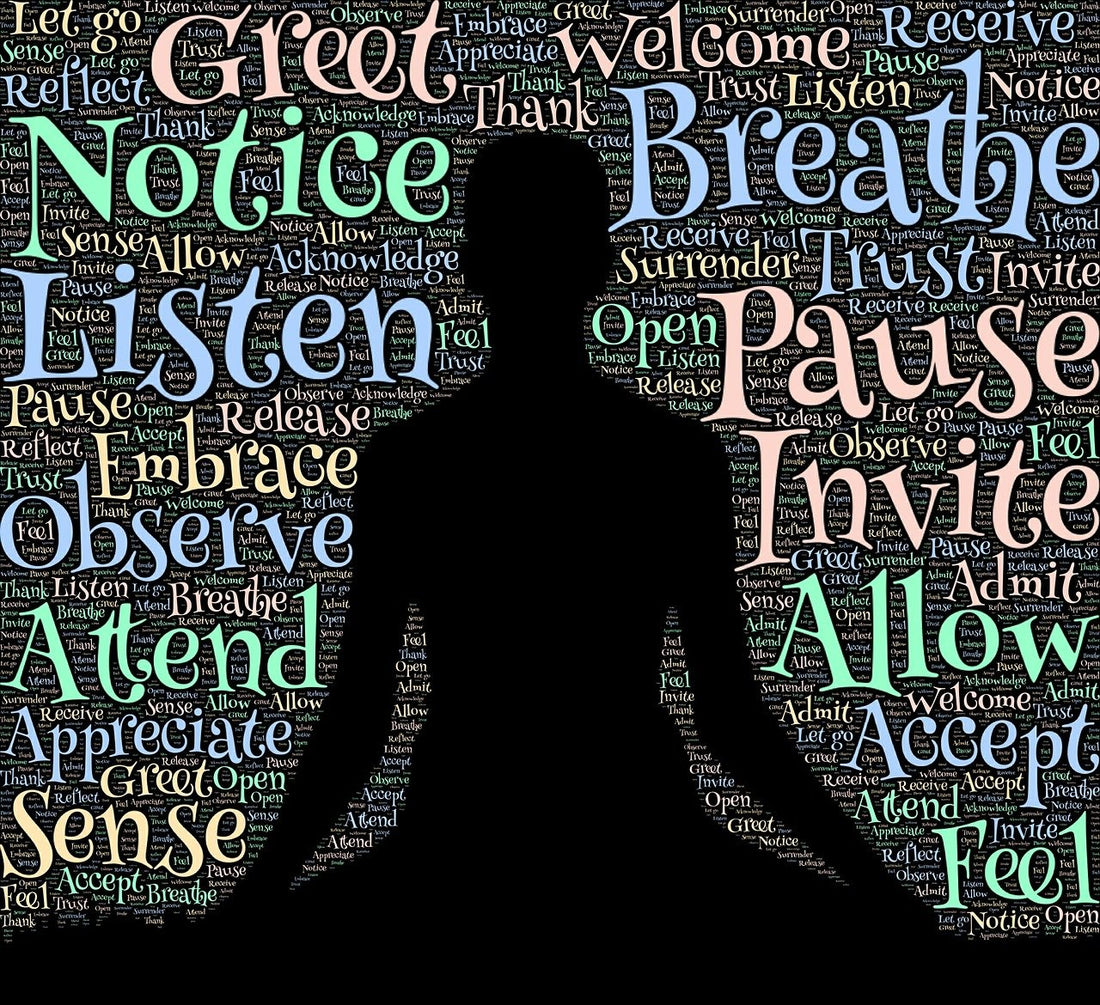
Breathing and Well-Being (Blog 20): How Mindful Breath Can Transform Your Life
Have you ever stopped to think about the power of your breath? Breathing is something we do naturally, without even thinking about it. But did you know that by practicing mindful breath, you can transform your life in incredible ways? In this blog post, we will explore the benefits of mindful breath and how it can improve your well-being.
What is mindful breath?
Mindful breath, also known as conscious breathing or deep breathing, is the practice of paying attention to your breath in a deliberate and non-judgmental way. It involves taking slow, deep breaths and focusing your attention on the sensation of the breath entering and leaving your body.
How does mindful breath work?
When you practice mindful breath, you activate your body's relaxation response. This response helps to reduce stress, lower blood pressure, and promote a sense of calm and well-being. By focusing on your breath, you bring your attention to the present moment, allowing you to let go of worries and anxieties about the past or future.
What are the benefits of mindful breath?
The benefits of mindful breath are numerous and far-reaching. Here are just a few ways that practicing mindful breath can transform your life:
1. Stress reduction
Mindful breath is a powerful tool for managing stress. By activating the relaxation response, it helps to calm the mind and body, reducing the production of stress hormones and promoting a sense of peace and tranquility.
2. Improved focus and concentration
When you practice mindful breath, you train your mind to stay focused on the present moment. This can improve your ability to concentrate and enhance your productivity and performance in various areas of your life.
3. Enhanced emotional well-being
Mindful breath can help you regulate your emotions and cultivate a greater sense of emotional well-being. By bringing your attention to your breath, you can create space between your thoughts and emotions, allowing you to respond to challenging situations with greater clarity and composure.
4. Better sleep
If you struggle with insomnia or have difficulty falling asleep, practicing mindful breath before bed can help calm your mind and relax your body, making it easier to drift off into a restful sleep.
5. Increased self-awareness
By paying attention to your breath, you become more attuned to the sensations in your body and the thoughts in your mind. This increased self-awareness can help you better understand yourself, your needs, and your desires, leading to greater self-acceptance and personal growth.
How to practice mindful breath
Practicing mindful breath is simple and can be done anywhere, at any time. Here's a step-by-step guide to get you started:
1. Find a comfortable position
Whether you choose to sit or lie down, find a position that allows you to relax and feel at ease. Close your eyes if it feels comfortable for you.
2. Focus on your breath
Bring your attention to your breath. Notice the sensation of the breath entering and leaving your body. You can place your hand on your belly to feel it rise and fall with each breath.
3. Take slow, deep breaths
Inhale slowly through your nose, allowing your belly to expand. Exhale slowly through your mouth, letting go of any tension or stress. Repeat this deep breathing pattern for a few minutes.
4. Be present
As you practice mindful breath, thoughts may arise. Instead of getting caught up in your thoughts, simply acknowledge them and gently bring your attention back to your breath. Be present in the moment.
Conclusion
Mindful breath is a simple yet powerful practice that can have a profound impact on your well-being. By incorporating mindful breath into your daily routine, you can reduce stress, improve focus, enhance emotional well-being, sleep better, and increase self-awareness. So take a moment right now to pause, take a deep breath, and experience the transformative power of mindful breath.
